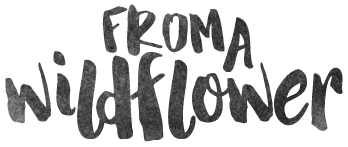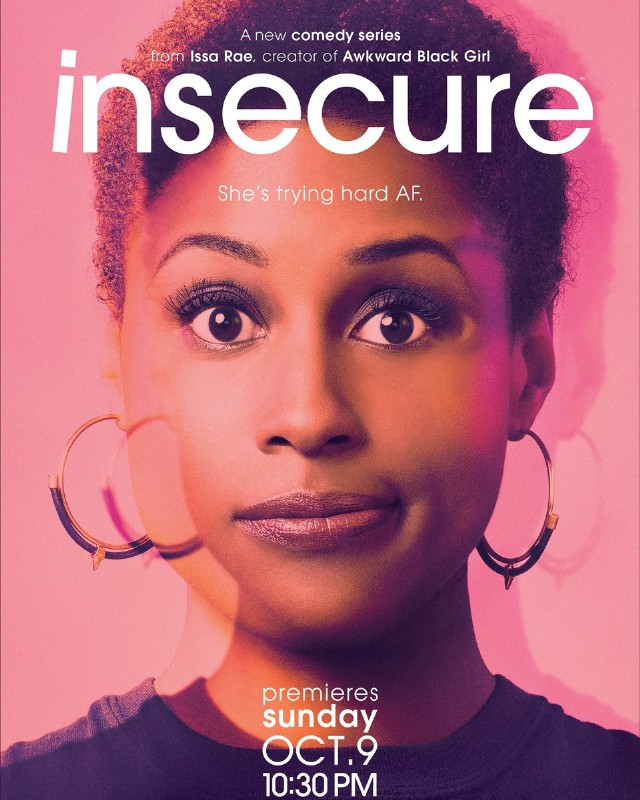You Have No Obligation To Be Who You Once Were
“You have no obligation to be who you once were”.
This morning would be perfect. Of course it would be. I got out of the shower and smooshed some mousse through my hair, threw my head about, pouted and put some vaseline on my lips. I don’t know what it was about today but it would be perfect. I knew this because my hair was sleeping right. When I walked into school, confident and bold, accepting compliments because they had been given to me, I treasured them.
In the thick of my perfect morning, right there in Science class, my ‘friend’ who I hadn’t spoken to me that day turned from her seat, looked at me and said this, ‘you’ve changed’. With no further commentary and no way to read into what she meant, my morning had been robbed off me, so did many mornings after that. The idea that I’d changed did not sit right with me. I was insulted because to me, change meant disloyalty to not only myself, but to people that knew me. How would we continue being friends if I’d changed?
“I’d like to challenge this notion and propose that change is not good or bad, it just is. It is merely a vessel by where we are carried from our past selves to our prospective beings.”
For some reason this comment stuck with me for such a long time and I had no idea how to deal with it. Change felt like I’d be betraying those that knew me. At 15 this is the last thing you want because you mistakenly think that your peers at that age are people you will keep for life. In addition, you’re told to never change for anyone, to never allow anyone to impact you in a way that your speech, motives, and attitude shifts. One of my pet peeves is people using ‘You’ve changed’ as a tool to hurt someone, as if the idea of change should be something you should be embarrassed about. And this is what I want to focus on, the idea that we must always stay as we are, obliged to our former selves that we don’t really know anymore. People and experiences do in fact change us and alter things in ourselves that seem cemented. I’d like to challenge the notion that change is a precursor to disaster and propose that change is not good or bad, it just is. It is merely a vessel by where we are carried from our past selves to our prospective beings.
Change is motion, not a destination, it is an ‘almost’, I see it as a milli-second or a 2.5 figure, or even a half-eaten sandwich. Either way, I think change should be viewed as a natural part of ourselves.
We are ever changing, ever evolving, developing and growing. But we are also shrinking, dying, enclosing within ourselves, we’re crumbling and our bodies never really stop to digest this constant wheel of living. As we shed our former selves, sometimes involuntarily, it is important to know that it is okay to not be the person you were a year ago. You have no obligation to be who you once were. TDo you have any reason to be apologetic for change? No! The actions that come out of change is what should be analysed as positive or negative, but not the actual turning point itself.
Be comfortable in saying, ‘I don’t know’ or ‘ask me later’. Through this, a lesson of humility slowly weaves itself together. I have learned that there are many ways to develop patience and humility, one of these ways is allowing yourself to accept that you make mistakes. I allow myself to feel things, I don’t block out certain feelings. If I am angered, I will acknowledge that I am angry and for a brief moment, I will swim in this emotion and will feel no guilt. But I will not allow my mind to linger in the pool of negative emotions or thoughts. I simply soak in it and move on. These bouts of emotions help in the development of my character in the long run. I am changing. Five years ago, I would have felt guilty for feeling angry. Five years ago I would have felt anxious upon receiving compliments. Five years ago, I was someone else. For the most part, my entire character has changed. The key elements of me that I thought would definitely stay throughout my life and are no longer here. This is okay.
Change of character could be seen as negative, you might think that you are wired in a certain way, and then by something that has happened (or sometimes nothing happens at all!), you begin to shift and it isn’t always obvious. Change does not mean instability. I have often been called a wanderer, a nomad, a wishy-washy person and “very wobbly” (I’m actually still offended by the last one). People will not always understand the reason for your shifts, they don’t have to. The reason for their disproval of your change is because, change disturbs comfort, comfort can be seen as stability, which could translate into happiness. But happiness is not always stability. This is why change is often frowned upon, because it doesn’t follow the natural confines of what we think is happiness. In addition, change is reflects those round you. When you change, you force others to see you in a different light, which may not always be comfortable for them. This movement is definitely not solely inwardly – It requires effort from others too.
So now what? What do I do when I change, or my friend changes? Honestly, I don’t have an answer for that, but I’ll say this, I learn about myself with each passing of emotion or event. I learn new things about my friends everyday and I recognise that I have no authority to dictate their personal development. I may become an influence, but not the stopper. If they change in a way that I don’t agree with, then I move on, always keeping in mind that we are in constant growth. We are in cycles of development. I don’t believe that there is just one life cycle, rather, there are hundreds of cycles each day. Some cycles stop sooner that others, some cycles go on until death meets us. These cycles represent the different memories, emotions and traits that we have. Some traits leave us to join the rusty old cycles that have passed, and new cycles are formed daily, monthly, and even yearly. So perhaps, we should just let change be. Not paying much attention to it, but acknowledging that it’s there and knowing that certain things at some point will cease to define who you thought you were. Maybe it means that who we are is not tied in our traits and personalities, but something deeper?
Sherida is a London based Graphic Designer and lifestyle blogger. Amongst other things she a collector of books, magazines, and print samples due to her slightly obsessive zeal for printed typography and swiss design. When she’s not scrutinising someone’s type treatment, she writes short stories with wit and unadulterated truths. Twitter + Blog + Port






June 24, 2014
When people say “you changed” to be hurtful, I noticed it’s because they’re hurt that you changed and are no longer the same as them, or in-tune with them anymore. The friendship/relationship is changing and they don’t like it.
I personally love change if someone is changing for the better or into someone they want to be, even if that means being away from me. Without change we die, in some form or fashion. Great post!